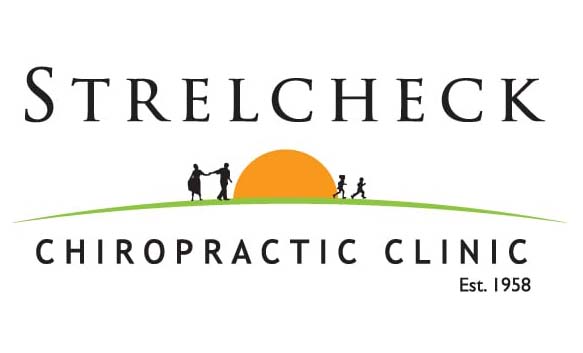
You’ve just had your first baby.
All 10 fingers and 10 toes joyfully counted. Becoming a parent is a life-changing event and perhaps the single greatest responsibility you might ever have. By design, this triggers one of the most powerful human instincts — the overwhelming desire to protect your child.
Through the years, I’ve learned family health care choices are often driven by cost and further influenced by the experiences of those around us and our belief systems. Simply put, if you believe “an ounce of prevention is worth a pound of cure,” then you might take the wellness route for your family. Whereas if the “if it ain’t broke, don’t fix it” adage suits you better, you’ll only be making doctor visits when you can no longer cope with symptoms.
Whichever you choose, health care and wellness options for children run the gamut. Consider the upsurge in both pediatric medical specialties and health information resources during the last two decades. While helpful, they also have created some confusion about what is best, dangerous or optional.
One aspect of health care that hasn’t changed is the need to establish two of your child’s primary health care professionals, starting at birth. Ideally, those relationships will be long-term, so ask around, do your homework and trust your instincts.
A general pediatrician is central to your child’s health from 0 to 18 years of age. General pediatricians manage children with chronic conditions such as asthma, perform annual school physicals, oversee childhood immunizations, conduct developmental screenings and administer acute care.
A chiropractor is the other primary health care professional to establish for your child early on in life. In fact, a growing number of mothers receive chiropractic care throughout pregnancy to help maintain energy and reduce a variety of discomforts. While your child’s health care will transition from a pediatrician to a general practitioner after age 18, some people have the same chiropractor throughout their lifetime.
The chiropractic approach to health centers on the detection and correction of misalignments of the spinal column, which is made up of bony vertebral segments that are stacked on top of each other, forming the spine.
If there is any doubt about the correlation between the nervous system, spinal column and optimal health, consider what happens if any segment of the spine is damaged or injured. From the point of injury and below, the spinal cord nerves cannot send messages between the brain and parts of the body like they did before the injury, resulting in functional disorders of organs, limbs and major systems.
Start Early
Children are unique creatures, with ever-changing physiology. What was a health issue last year is no longer on the radar screen, as it is replaced by something new. Each stage of their life offers unique opportunities to keep them healthy with chiropractic care, starting at birth.
During the delivery process, any twisting, pushing or pulling on the baby’s head, neck, shoulders or hips can cause subluxations or trauma to any segment of the spinal column. That increases the chance for damage to the infant’s spine and nervous system. Many of those traumas go undetected until symptoms and conditions occur later on such as colic, ear infections, eating and digestion.
An infant’s spine will grow 50 percent in length during the first year of life, a rate unmatched at any other phase in a child’s growth and development. Checking a child’s spine is vital to ensure small, easily reversible subluxations are corrected before they present health issues down the road.
By age 6, all motor and sensory functions we use as adults are already fully developed. Therefore, damage at any stage prior to the preliminary development of those functions will inhibit optimal capability for the rest of a child’s life.
When a doctor really knows your child — not just his or her complete medical history, but his or her temperament, personality, how he or she reacts to pain and even what your child is like at school and at home — it helps the doctor pinpoint health problems.
The advantages of establishing your child’s primary health care professionals early on are ones that are built through many years of seeing a pediatric and trust.




